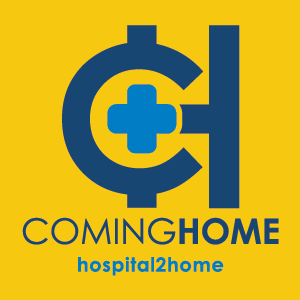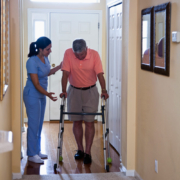Home Recovery
What is home recovery?
Home recovery is an option for care that allows you to safely receive treatment for your medical condition in the comfort of your home, instead of the hospital.
Coming Home orgsanisation has this integrated model that provides continuous care. From the moment you’re discharged from hospital to the moment you realize that you’re ready to function independently. We take the guess-work out of what to do next now that you are at home.
CHO services are initiated through hospitals, hospices, and care homes. They will identify a patient who can benefit from a comprehensive home-based care service. In simple terms CHO takes the stress out of the transition to your home from the moment you are discharged from the hospital. We will work together until you are able to function independently.
According to HEALTHLINE A new study found that the home hospital model can potentially improve care while reducing costs.
- The cost of care was nearly 40 percent lower.
- Trial participants receiving hospital care in their homes had a 70 percent lower rate of readmission to the hospital.
Home recovery has proven to help patients recover fast and save money. Generally, CHO’s Home-based personal care workers provide routine personal care and assistance with activities of daily living to persons who are in need of such care due to effects of ageing, illness, injury or other physical or mental condition in private homes and other independent residential settings.


